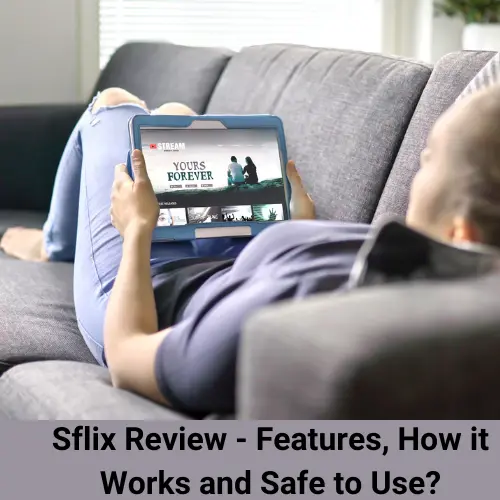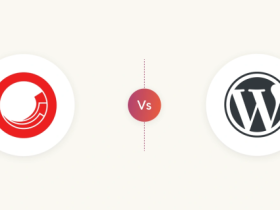When you face a work injury, medical evidence becomes your strongest ally. It tells your story with facts. Understanding its role is crucial. It impacts your case significantly. Medical records, accident reports, and expert testimonies blend together to form a clear picture. They highlight cause and effect. This evidence shows the extent of your injury and helps decide what happens next. You need to know how to gather and present this information. Doing so will help you seek justice and fair compensation. It’s about precision, not emotion. Remember, documents and testimonies build the foundation. Ensure every piece is accurate and complete. If you’re unsure where to begin, resources like hinden.net can guide you in navigating this complex process. Your health and future depend on this evidence. So, take control and prioritize collecting solid proof. Reliable evidence makes your voice stronger in the legal process.
Why Medical Evidence Matters
Medical evidence is the cornerstone of a work injury case. It provides a factual basis for your claims. Without it, pursuing compensation becomes challenging. Medical evidence establishes the severity of the injury and helps connect it to the work incident. This link is crucial for validating your case. Your healthcare provider’s records, diagnostic tests, and treatment plans all serve as key elements in this process.
More importantly, medical evidence can also determine future treatment needs. It helps assess how an injury might impact your ability to work. Whether it leads to temporary disability or a permanent condition, the evidence guides the legal process every step of the way.
Types of Medical Evidence
Various forms of medical evidence play a role in work injury cases. Here are the primary types you need to consider:
- Medical Records: These include all healthcare documents related to your injury—doctor’s notes, imaging results, and prescriptions.
- Accident Reports: These reports are often filed by your employer and describe the incident in detail.
- Expert Testimonies: Medical experts provide their professional opinions on your injury’s impact and future implications.
The more comprehensive your evidence, the stronger your case. Make sure to keep copies of every document and report.
Collecting Medical Evidence
Collecting medical evidence starts with immediate medical attention. Seek healthcare right after the injury. This not only ensures your wellbeing but also initiates the documentation process. Inform your doctor that the injury is work-related. This way, all relevant details are noted in your medical records.
Next, keep a personal injury journal. Document every visit, symptom, and treatment. This journal complements medical records and provides a personal perspective on your condition.
| Type of Evidence | Description |
|---|---|
| Medical Records | Includes doctor’s notes, test results, prescriptions. |
| Accident Reports | Details the circumstances of the work incident. |
| Expert Testimonies | Professional opinions on the injury’s impact. |
Finally, consistent follow-ups with healthcare providers are necessary. Regular updates on your condition add credibility and detail to your case.
Presenting Medical Evidence
How you present your medical evidence can make or break your case. Ensure all documents are organized and complete. Missing pieces can weaken your claim. Additionally, expert witnesses should be prepared to explain complex medical issues clearly and simply.
Legal guidance can also assist in ensuring that your medical evidence is properly presented. Consider consulting legal professionals who specialize in work injury cases. They can provide insight into the presentation and use of medical evidence.
For more detailed information on legal rights and medical evidence, visit the U.S. Department of Labor website. They offer resources and guidance on workers’ compensation and related topics.
Conclusion
In a work injury case, medical evidence is your strongest voice. It speaks for you in the legal arena, outlining the facts and consequences of your injury. From medical records to expert testimonies, every piece plays a crucial role. Collect and present them with care and correctness. Seek guidance when needed. Doing so enhances your chance for rightful compensation and justice.
Ultimately, your health and future may depend on this evidence. Be proactive and detailed in compiling your records. For more advice on navigating your case, the Nolo Legal Encyclopedia offers comprehensive information on workers’ compensation claims. Equip yourself with the knowledge and support you need to advocate effectively for your rights.









































Leave a Reply